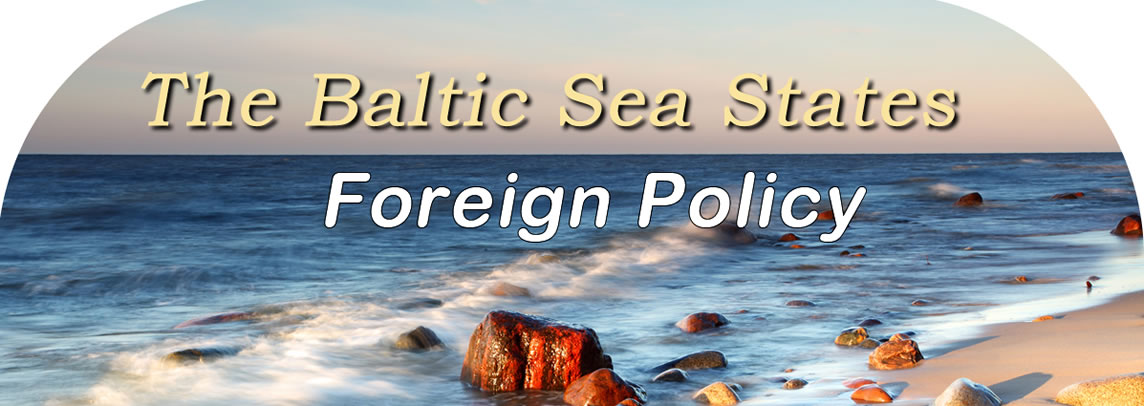
The Foreign Policy of Russia In the modern era, Russia has asserted that its interests are in finding "partners" committed to pursuing "common interests" rather than allying against any particular country in the world. This statement on Russia's governmental website reveals that Russia is currently seeking to find collaborative solutions in meeting the needs of its people, as well as working with other countries to assist them in building up their own cultures and populations. Foreign Policy Following World War II Following World War II, the
foreign policy of the Soviet Union was largely shaped by the Soviet
Union's efforts to lead through communism. The foreign policy sought
to block off certain European countries that held fast to a
communist ideology and that collaborated with the Soviet Union. The
Soviet Union was part of the Council for Mutual Economic Assistance,
which supported the economy of the Soviet Union at that time. At the
time, there were several countries that held hostilities with the
Soviet Union. In addition the United States, the Soviet Union cut
off ties to Israel in 1955. After the death of Stalin, the Soviet
Union sought to restore peaceful relations with Israel. The Modern Pursuit of Multivector Foreign Policy Russia now abides by a foreign
policy that it describes as "multivector" in nature. Ever since
Russian Foreign Minister Sergei Lavrov called for a "multivector"
foreign policy, scholars around the world probed the meaning of the
word "multivector." The meaning of the word seems to indicate a
reaching toward peace and equality on a global scale. "Multivector"
means that Russia seeks to work in conjunction with other world
powers to secure a greater good that is intended for all people in
the world. International stability is also one of the main endeavors
of this multivector foreign policy. © Baltic21.org 2013, All Rights Reserved |
